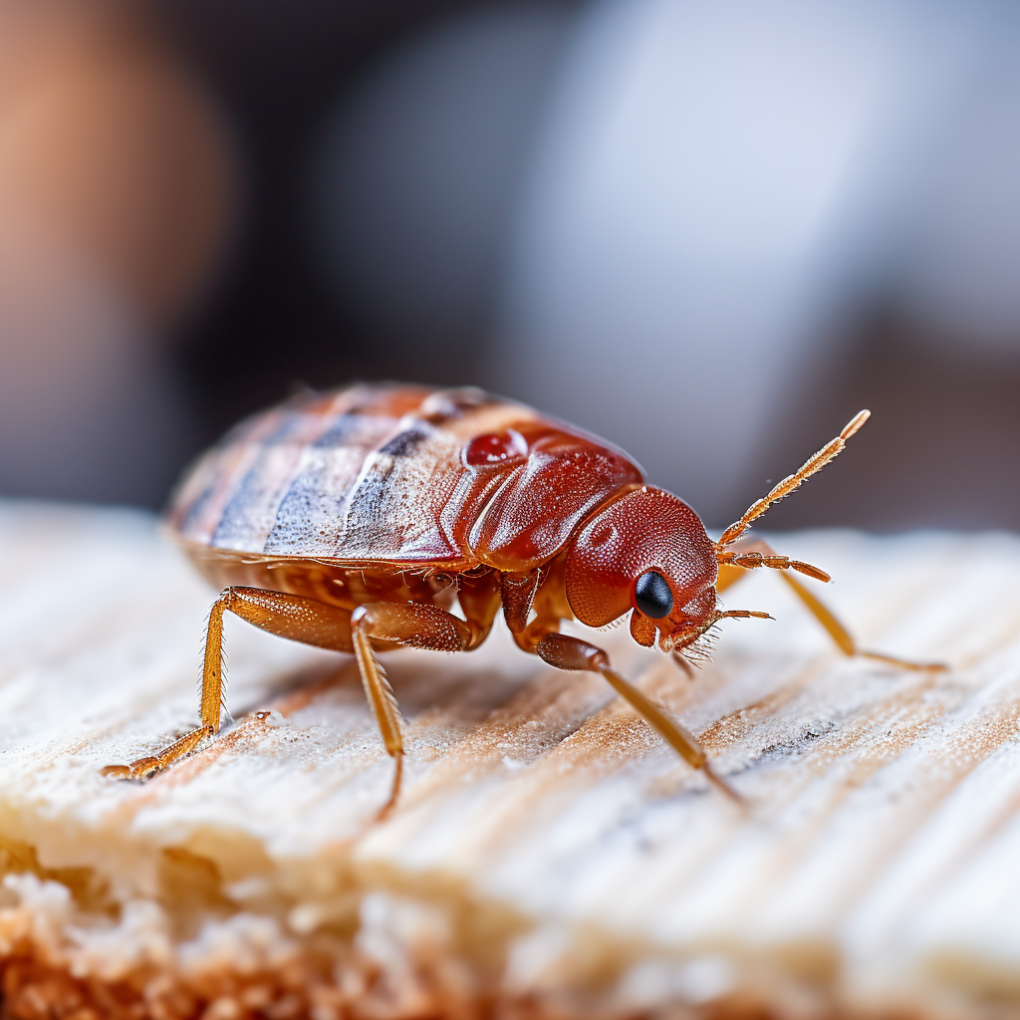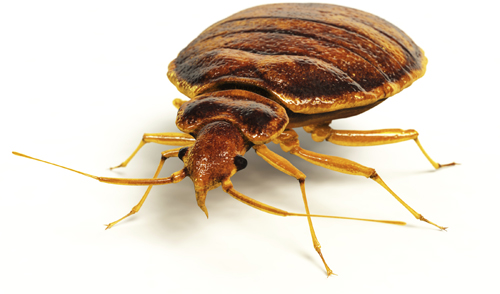Relied On Kings Pest Control Cincinnati OH: Expert Services
Kinds Of Bug Control: Which Approach Is Right for Your Problem?
When encountered with a pest invasion, the selection of a proper method for parasite control is essential in effectively taking care of the circumstance. From chemical treatments to organic options, there exists an array of strategies that can be used to resolve different sorts of parasites. Each technique includes its very own collection of factors to consider and benefits, making the decision-making procedure a nuanced one. Recognizing the nuances of each method and assessing their compatibility with the specific pest infestation handy is important for accomplishing long-term success in parasite management. By exploring the numerous kinds of insect control methods readily available, people can make informed choices customized to their special situations, guaranteeing a more reliable and sustainable end result in parasite removal.
Chemical Bug Control
Chemical bug control includes using synthetic or naturally obtained chemicals to manage and remove pest populaces effectively. This method is commonly made use of in agriculture, forestry, and domestic settings to battle a variety of parasites, including rats, pests, and weeds. Making use of chemical pesticides can provide fast and targeted remedies to pest infestations, making it a popular option for lots of individuals and organizations.
Among the key benefits of chemical bug control is its ability to swiftly get rid of pests, lowering the risk of damages to crops, residential property, and human wellness. By utilizing specific chemicals that target specific insects, this technique can properly regulate infestations while lessening injury to advantageous organisms and the setting when applied correctly.
Nonetheless, the use of chemical pest control likewise raises concerns about potential adverse impacts on non-target species, water sources, and human health and wellness. It is vital to adhere to security standards, use chemicals responsibly, and think about alternative bug control methods to decrease these dangers and make certain lasting insect monitoring techniques.
Organic Bug Control
Organic insect control, likewise recognized as biocontrol, makes use of living microorganisms to minimize and take care of pest populaces normally. By utilizing the pest's all-natural predators or pathogens, organic bug control uses a environmentally friendly and sustainable service to pest monitoring.

Mechanical Bug Control
Utilizing manual and physical approaches to manage bug populations, mechanical parasite control provides a different approach that does not count on making use of living microorganisms or synthetic chemicals. This method involves the use of barriers, catches, or various other tools to physically hinder or eliminate insects. By blocking insect access points or setting up traps to catch them, mechanical parasite control can efficiently decrease problems without presenting chemicals into the setting.
One usual example of mechanical insect control is using mesh displays on doors and windows to prevent insects from entering structures. This simple yet efficient method serves as a physical obstacle, maintaining bugs out while permitting appropriate air flow. Furthermore, tools like mousetraps, fly swatters, and ultrasonic repellents fall under the mechanical bug control category.
While mechanical parasite control look these up techniques can be labor-intensive and call for regular surveillance and maintenance, they provide a sustainable and environmentally pleasant service for managing bug infestations. By integrating various mechanical methods, property owners can produce a comprehensive parasite control method that reduces reliance on chemical pesticides.
Physical Insect Control

Some typical physical bug control techniques consist of the use of barriers such as nets or screens to avoid parasite access, catches to catch and get rid of parasites, and hand-picking to physically get rid of bugs from plants or structures. Furthermore, techniques like heat treatments can be used to control parasites like bed bugs by elevating the temperature level to levels that are deadly to the pests.
Physical parasite control is specifically helpful in incorporated pest monitoring (IPM) techniques, where numerous pest control approaches are incorporated for effective pest management while lessening using chemicals. By using physical insect control methods, individuals can successfully address bug problems with very little environmental influence.
Integrated Parasite Management
When carrying out physical pest control techniques as component of parasite administration methods, Integrated Pest Monitoring (IPM) becomes a comprehensive method that leverages different methods to effectively regulate pest populations. IPM concentrates on lasting prevention of insects with a mix of biological, social, physical, and chemical devices tailored to specific parasite problems. By incorporating numerous control strategies, IPM intends to decrease the dangers connected with bugs while additionally lowering dependence on chemical services.
One key insect pest control aspect of IPM is the emphasis on monitoring and assessing pest populaces to determine one of the most ideal control approaches. This positive method allows for very early treatment and targeted techniques, bring about extra effective insect monitoring. Additionally, IPM promotes eco-friendly methods by focusing on non-chemical control methods and only making use of chemicals as a last resort.
Verdict

By using the bug's all-natural predators or pathogens, biological parasite control uses a lasting and environmentally pleasant solution to pest management. - Kings cincinnati pest control companies
Making use of physical and manual methods to take care of insect populaces, mechanical parasite control offers a different technique that does not depend on the usage of living organisms or synthetic chemicals.A reliable strategy to managing parasite populations without relying on chemical or organic approaches entails the usage of physical bug control methods.When applying physical parasite control approaches as component of insect administration approaches, Integrated Parasite Monitoring (IPM) arises as a thorough method that leverages various techniques to properly regulate pest populaces. Chemical insect control involves the usage of pesticides, organic bug control uses natural killers, mechanical pest control entails physical obstacles, physical pest control consists of capturing or eliminating pests, and incorporated parasite management combines numerous approaches for a holistic strategy to pest control.